Section: Media
There are more than 60 results, only the first 60 are displayed here.
Become a subscriber for more search results.
-
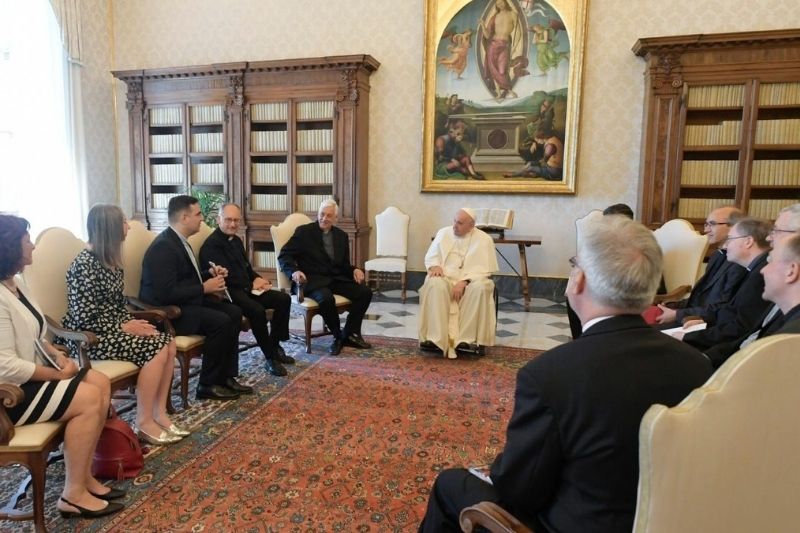
MEDIA
- Andrew Hamilton
- 12 January 2023
In a recent meeting Pope Francis met the editors of European Jesuit cultural magazines. As usual in such meetings he did not give an address but invited the participants to ask questions. The questions ranged across a wide area, reflecting the different readership and religious culture of the magazines. Underlying the Pope’s responses lay a challenging and coherent approach to the Jesuit mission and to communication that invites self-reflection also among Jesuit magazines and their readers outside Europe.
READ MORE
-
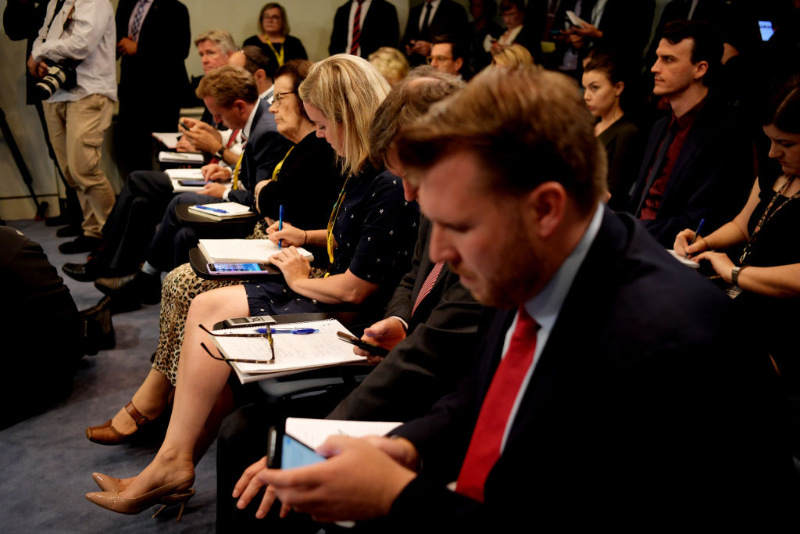
MEDIA
- Andrew Hamilton
- 05 January 2023
It is unfortunate that World Communications Day is celebrated in the middle of an election campaign. We have seen the worst of partisan media coverage, of shouting as a preferred form of communication, of endless experts promising Armageddon if the result is not to their taste. And yet we have also seen the best of media informing us of the issues that concern people in different parts of Australia. Without such public communication, for all its defects and excesses, our society would be the poorer.
READ MORE
-

MEDIA
- Andrew Hamilton
- 07 July 2022
3 Comments
In a recent meeting Pope Francis met the editors of European Jesuit cultural magazines. As usual in such meetings he did not give an address but invited the participants to ask questions. The questions ranged across a wide area, reflecting the different readership and religious culture of the magazines. Underlying the Pope’s responses lay a challenging and coherent approach to the Jesuit mission and to communication that invites self-reflection also among Jesuit magazines and their readers outside Europe.
READ MORE 
-
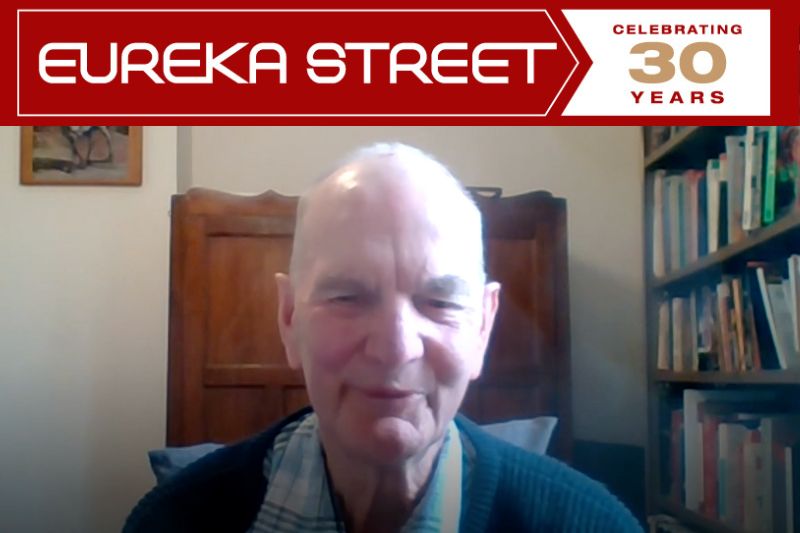
MEDIA
- David Halliday
- 29 June 2022
1 Comment
As part of the 30th anniversary of Eureka Street, we're running conversations with the team who first started the publication in 1991, alongside various people who have played a part in the Eureka Street story. In this video, Eureka Street editor David Halliday speaks with Eureka Street consulting editor Andrew Hamilton SJ.
READ MORE
-

MEDIA
- David Halliday
- 28 June 2022
1 Comment
Every day is a battle waged for our attention. Last week, I watched an episode of a new ABC series Our Brain on the nature of consciousness and the effect our tech lifestyle is having on our intelligence. Although painful at times, the revelations from Our Brain ring true. The most incisive perhaps is the degree to which social media has been successful in capturing our attention.
READ MORE 
-
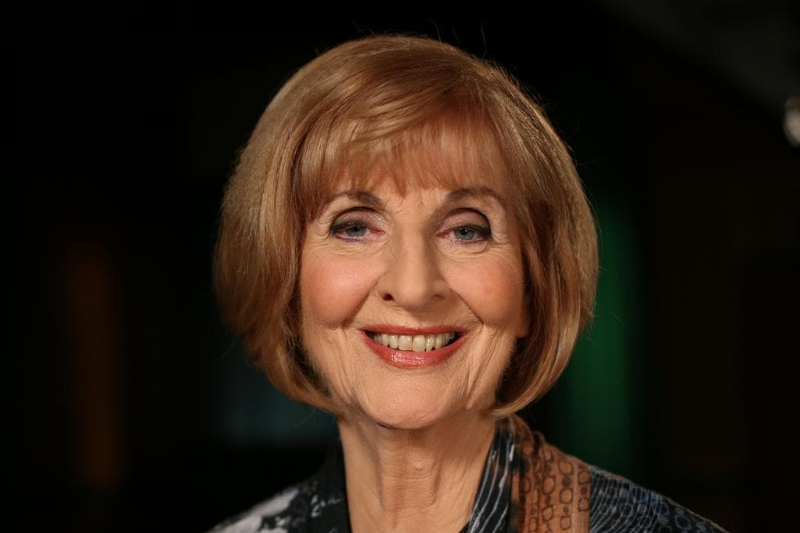
MEDIA
- Michael Kelly
- 30 May 2022
2 Comments
The abrupt passing of a dear friend in a sudden moment is not only something I had not prepared for. I actually looked forward to seeing her in about 36 hours when we would meet up at Sunday Mass. But that wasn’t to be, and the sharp end was not negotiable. There has been an outpouring of dismay, grief and sorrow at the passing of Caroline Jones. She was so poised and self-possessed that moving into her presence was an immediately arresting experience.
READ MORE 
-

MEDIA
- David Halliday
- 20 May 2022
The news of Musk’s $44 billion dollar purchase of the platform was met with paroxysms of excitement or hysteria depending on where one sits on the political spectrum. Everyone had something to say about it (including Eureka Street). Considering the corrosive state of public discourse over the last few years, which has at least in part been influenced by the algorithms driving social media platforms like Facebook, Twitter and YouTube, I’ll be upfront in saying I’m not especially convinced of Twitter’s status as a social good. So, this development is at least deserving of some curiosity.
READ MORE 
-

MEDIA
- Andrew Hamilton
- 19 May 2022
2 Comments
It is unfortunate that World Communications Day is celebrated in the middle of an election campaign. We have seen the worst of partisan media coverage, of shouting as a preferred form of communication, of endless experts promising Armageddon if the result is not to their taste. And yet we have also seen the best of media informing us of the issues that concern people in different parts of Australia. Without such public communication, for all its defects and excesses, our society would be the poorer.
READ MORE 
-

MEDIA
- David Halliday
- 06 May 2022
1 Comment
It seems every fifteen years or so Eureka Street has something to announce. There was 1991, when Eureka Street launched, 2006 with the switch from print to digital, and now, the next chapter in the Eureka Street journey. After 15 years of being a free digital magazine, we are quietly overjoyed to be launching Eureka Street Plus, an expanded content offering for paid subscribers.
READ MORE 
-
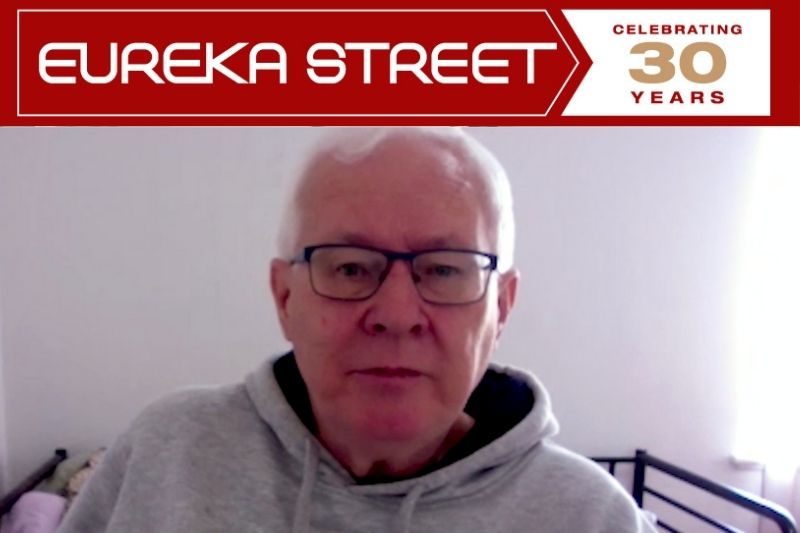
MEDIA
- David Halliday
- 17 March 2022
As part of the 30th anniversary of Eureka Street, we're running conversations with the team who first started the publication in 1991, alongside various people who have played a part in the Eureka Street story. In this video, Eureka Street editor David Halliday speaks with Ray Cassin.
READ MORE 
-

MEDIA
- Denis Muller
- 11 January 2022
4 Comments
The landscape has changed, and there is no going back. Individual journalists are now integrated into the ranks of pundits, urgers and persuaders who abound online. At their employers’ behest, they blog, they podcast, they ‘engage’ as the current jargon has it, with those who post comments to their articles online.
READ MORE
-

MEDIA
- Binoy Kampmark
- 11 January 2022
1 Comment
Instead of retaining its control of a fruit market, or preserving an oil monopoly, Facebook harnesses another resource: data. Any regulator or sovereign state keen to challenge the way the Silicon Valley giant gathers, monetises and uses that data will face their ire.
READ MORE